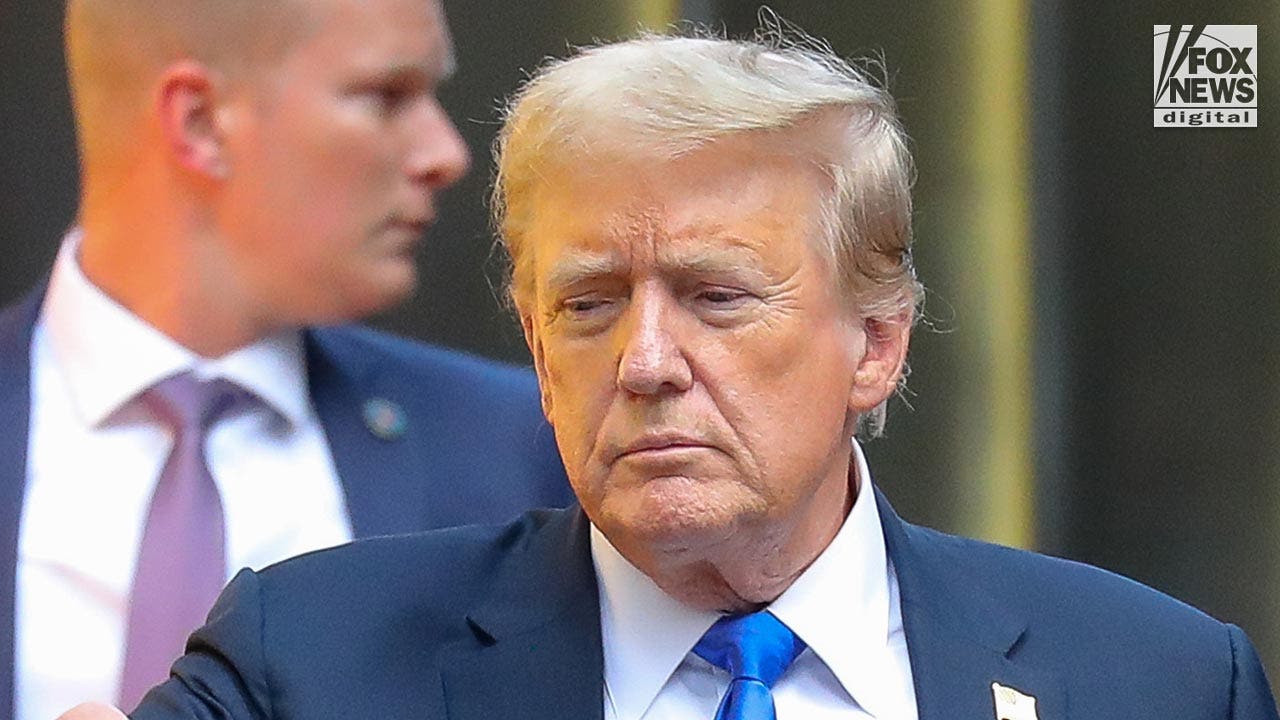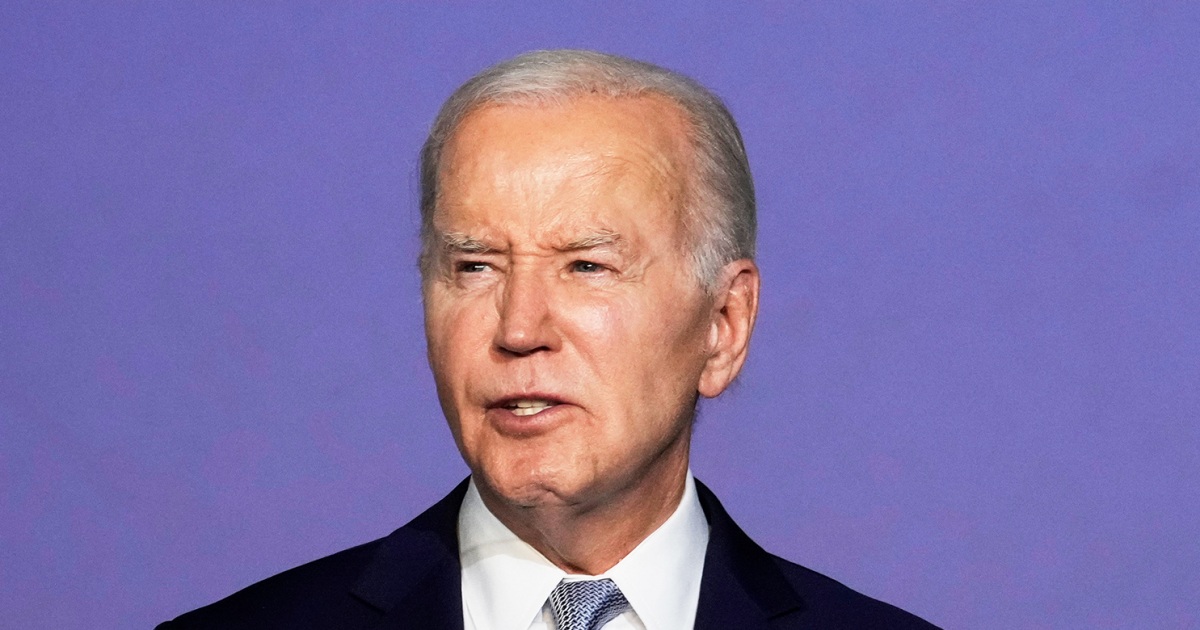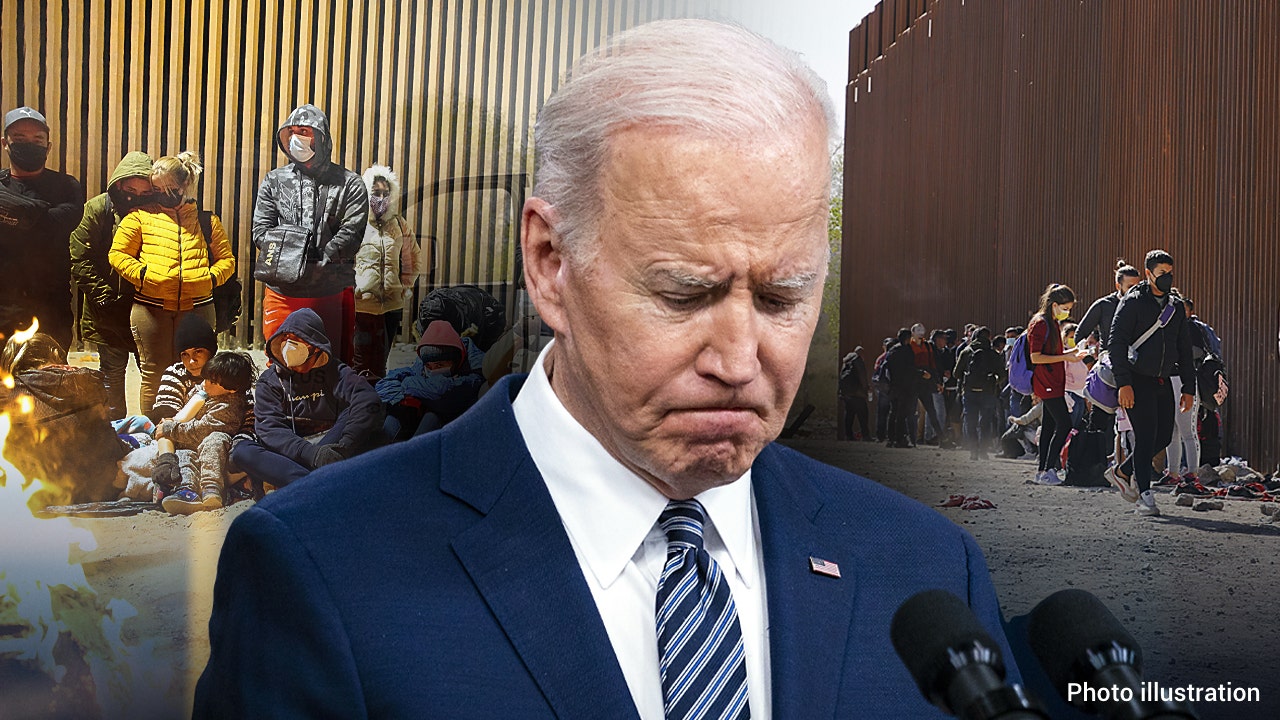- Kremlin refers questions to defence ministry
- Rumours swirl about generals after Wagner militia mutiny
- Lawmaker: Prigozhin refused to bow before defence ministry
- Prigozhin-linked plane flew out of St Petersburg
World
Kremlin gives no detail on fate of ‘General Armageddon’ Surovikin after mercenary mutiny
/cloudfront-us-east-2.images.arcpublishing.com/reuters/VVMWZHWYJVMKHG6SUAQPR5XQZA.jpg)
MOSCOW, June 29 (Reuters) – The Kremlin declined on Thursday to give any details about the fate of Russian General Sergei Surovikin, whose status and location have not been made public since an abortive armed mutiny by mercenaries on Saturday.
Nicknamed “General Armageddon” by the Russian press for his aggressive tactics in Syria’s war, Surovikin – who is a deputy commander of Russian forces in Ukraine – has been absent from view since Saturday, when he appeared in a video appealing to mercenary leader Yevgeny Prigozhin to call off his mutiny.
Surovikin had looked exhausted in that video and it was unclear if he was speaking under duress. There have since been unconfirmed reports that he is being questioned by the security services.
Kremlin spokesman Dmitry Peskov referred questions about Surovikin to the defence ministry, which has so far made no statement about him.
Asked by reporters if the Kremlin could clarify the situation with Surovikin, Peskov said: “No, unfortunately not.
“So I recommend that you contact the defence ministry; this is its prerogative.”
When a reporter asked if President Vladimir Putin still trusted Surovikin, Peskov said: “He (Putin) is the supreme commander-in-chief and he works with the defence minister and with the chief of the General Staff.”
Questions about “structural units within the ministry,” Peskov said, should be addressed to the defence ministry.
The ministry did not reply to a Reuters request for clarity on the fate of Surovikin, one of Russia’s most respected generals who previously commanded Russian forces in Ukraine for several months.
Russia’s most senior generals have dropped out of public view in the wake of the mutiny aimed at toppling the top military brass, amid a drive by Putin to reassert his authority.
The mutiny, which Putin said could have tipped Russia into civil war, amounts to the biggest challenge to the Russian state since the 1991 hardline coup attempt against Mikhail Gorbachev as the Soviet Union crumbled.
Putin, Russia’s paramount leader since 1999, thanked the army and law enforcement agencies for preventing what he said would have been devastating turmoil of the kind last seen after the 1917 Bolshevik Revolution.
PUTIN, PRIGOZHIN
The 70-year-old former KGB spy was shown on Wednesday visiting a mosque at the ancient, pre-Arab Naryn-Kala citadel in the Derbent fortress on the shores of the Caspian Sea, around 2,000 km (1,240 miles) south of Moscow.
The Kremlin said Putin also chaired a meeting about the development of tourism in the region. Putin, pictured in sunglasses and without a tie, was shown speaking to local residents who took selfies with him.
The fate of Prigozhin, who rose to become Russia’s most powerful mercenary, remains unclear.
A private jet linked to Prigozhin flew from St Petersburg, the former imperial capital of Russia, to Moscow on Thursday, though it was unclear who was on the aircraft.
The Kremlin’s Peskov said he did not have information about Prigozhin’s current location.
Belarusian President Alexander Lukashenko said this week that he had persuaded Putin not to “wipe out” Prigozhin, adding that the mercenary chief had flown to Belarus.
Speaking about the causes of the mutiny, Colonel-General Andrei Kartapolov, an influential lawmaker who chairs the lower house of parliament’s defence committee, said Prigozhin had refused to sign contracts for his mercenaries to serve under the defence ministry.
As a result, Kartapolov said, Prigozhin had been told his mercenaries would no longer fight in Ukraine and no longer receive money from the Russian state.
Putin said on Tuesday that Prigozhin, Wagner and his Concord catering company had received at least $2 billion from the Russian state over the past year.
Reporting by Reuters; Writing by Guy Faulconbridge and Alexander Marrow
Editing by Andrew Osborn, Gareth Jones and Mark Heinrich
Our Standards: The Thomson Reuters Trust Principles.

Continue Reading
World
Video: Biden and Zelensky Deliver Remarks at G7 Summit

new video loaded: Biden and Zelensky Deliver Remarks at G7 Summit
transcript
transcript
Biden and Zelensky Deliver Remarks at G7 Summit
G7 leaders agreed on a plan to give Ukraine a $50 billion loan to help it buy weapons and begin to rebuild.
-
“President Zelensky and I have just now signed that agreement between the United States and Ukraine. Our goal is to strengthen Ukraine’s credible defense and deterrence capabilities for the long term. A lasting peace for Ukraine must be underwritten by Ukraine’s own ability to defend itself now, and to deter future aggression any time in the future. The United States is going to help ensure that Ukraine can do both, not by sending American troops to fight in Ukraine, but by providing weapons and ammunition, expanding intelligence sharing, continuing to train brave Ukrainian troops at bases in Europe and the United States.” “Today is a truly historic day, and we have signed the strongest agreement between Ukraine and the U.S. since our independence. And this is an agreement on security, and thus, on the protection of human life. This is an agreement on cooperation, and thus, on how our nations will become stronger. This is an agreement on steps to guarantee sustainable peace, and therefore it benefits everyone in the world because the Russian war against Ukraine is a real, real global threat.”
Recent episodes in Ukraine Crisis
World
1,000 days have passed since Taliban banned girls from attending school past 6th grade: UNICEF
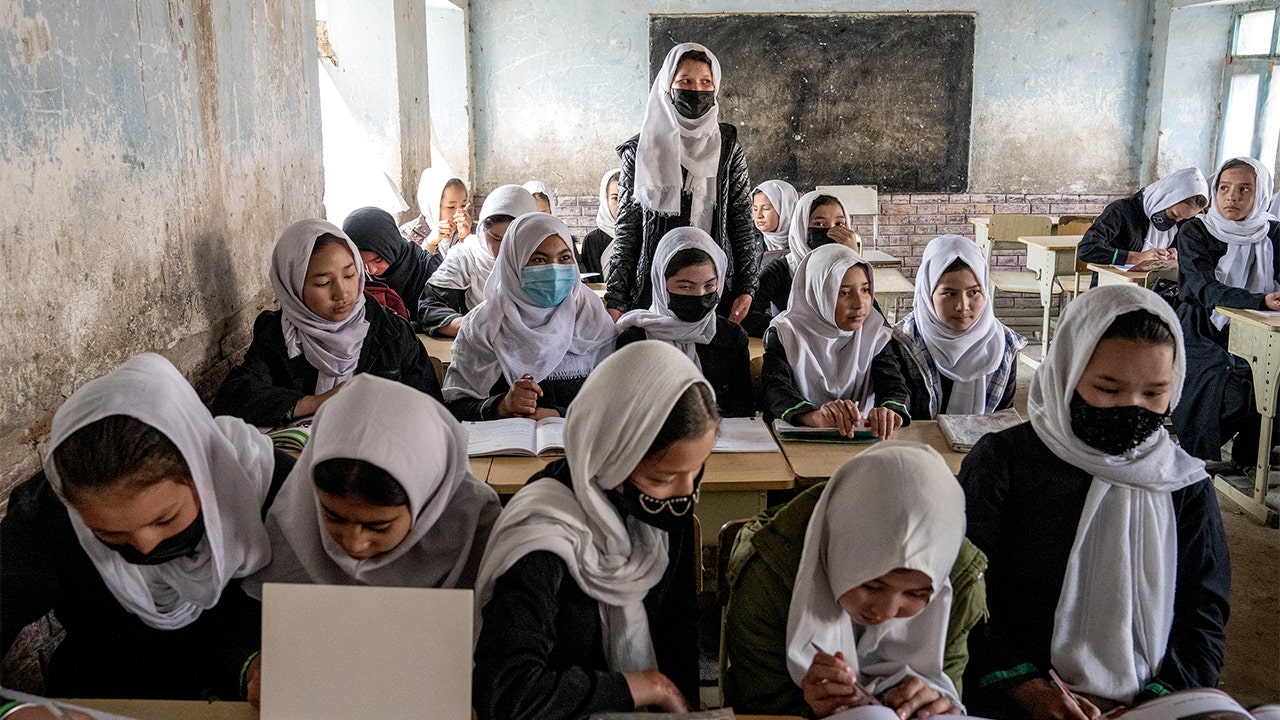
A thousand days have passed since girls in Afghanistan were banned from attending secondary schools, according to the U.N. children’s agency, which said Thursday that “no country can move forward when half its population is left behind.”
UNICEF Executive Director Catherine Russell in a statement urged Taliban authorities to allow all children to resume learning immediately, and called on the international community to support Afghan girls, who she said need it more than ever. The agency estimates that more than 1 million girls are affected.
The U.N. has warned that the ban on girls’ education remains the Taliban’s biggest obstacle to gaining recognition as the legitimate rulers of Afghanistan.
TALIBAN PUBLICLY FLOGS 63 IN AFGHANISTAN, INCLUDING WOMEN, DRAWING UN CONDEMNATION
The Taliban, who took over in Afghanistan following the withdrawal of U.S. and NATO forces in 2021, has said girls continuing their education goes against the group’s strict interpretation of Islamic law.
Despite initially promising a more moderate rule, the Taliban have also barred women from higher education, public spaces like parks and most jobs as part of harsh measures imposed. When the Taliban ruled Afghanistan in the 1990s, they also banned girls’ education.
FILE – Afghan girls attend school in a classroom, in Kabul, March 25, 2023. One thousand days have passed since girls in Afghanistan were banned from attending secondary schools. That’s according to the U.N. children’s agency, which says that “no country can move forward when half its population is left behind.” (AP Photo/Ebrahim Noroozi, File)
The Taliban has barred girls from attending classes beyond sixth grade, making it the only country in the world with such restrictions on female education.
In March, the new school year started with girls barred from attending classes beyond the sixth grade. Female journalists were not allowed to attend the opening ceremony.
The Taliban also have been prioritizing Islamic knowledge over basic literacy and numeracy with their shift toward madrassas, or religious schools.
UNICEF’s executive director called the systematic exclusion of girls “not only a blatant violation of their right to education, but also results in dwindling opportunities and deteriorating mental health.”
She said UNICEF works with partners to run community-based education classes for 600,000 children, two-thirds of them girls, and train teachers.
Although Afghan boys have access to education, Human Rights Watch has said the Taliban’s “abusive” educational policies are harming them. In a report published in December, the group said deep harm has been inflicted on boys’ education as qualified teachers — including women — left, including an increase in corporal punishment.
Also on Thursday, a spokesperson for the U.N. Human Rights Office said the Taliban have told female civil servants barred from working that their salaries would be cut to the lowest level regardless of their experience or qualifications.
The latest “discriminatory and profoundly arbitrary decision” further deepened the erosion of human rights in Afghanistan, said Liz Throssell.
The U.N. High Commissioner for Human Rights, Volker Türk, called on authorities to rescind all laws, instructions, edicts and other measures that discriminated against women and girls, in clear violation of the country’s human rights obligations, Throssell added.
Nobody from the Taliban was immediately available for comment.
World
NATO agrees on long-term support plan for Ukraine
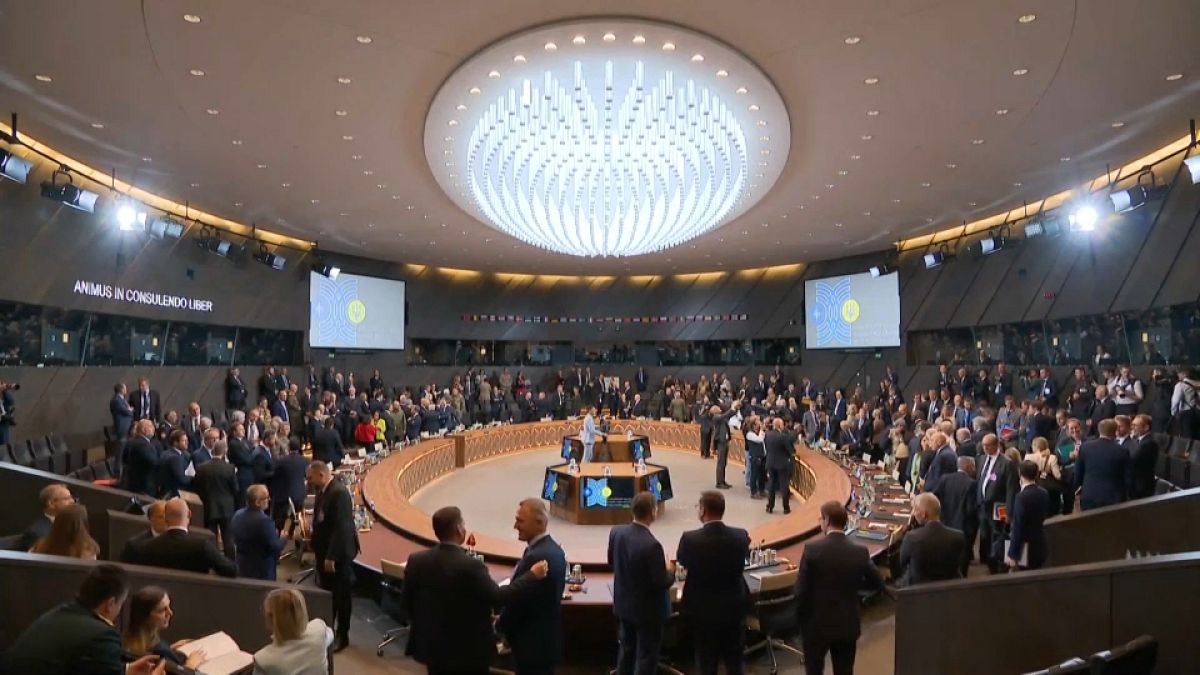
Ministers gathered over two days at NATO headquarters in Brussels for final high-level talks before an upcoming summit hosted by US President Joe Biden in Washington in July.
NATO defence ministers have ended talks in Brussels, during which they agreed on a plan to provide long-term security assistance and military training to Ukraine.
It comes after Hungary promised not to veto the scheme as long as it’s not forced to take part.
Ukraine’s Western allies are trying to bolster their military support as Russian troops launch attacks along the more than 1,000-kilometre front line, taking advantage of a lengthy delay in US military aid. European Union money was also held up by political infighting.
NATO Secretary-General Jens Stoltenberg, who chaired the meeting, said that Ukraine’s beleaguered armed forces need longer-term predictability about the kinds of weapons, ammunition and funds they can expect to receive.
Stoltenberg declared that the plan is for NATO to continue to provide support to Ukraine: “Since Russia’s full scale invasion, allies have provided around €40 billion worth of military support each year. I have proposed that we sustain this level of support as a minimum for as long as it takes.”
Since Russia’s full-scale invasion in February 2022, Ukraine’s Western backers have routinely met as part of the Ukraine Defence Contact Group, run by the Pentagon, to drum up weapons and ammunition for Kyiv. A fresh meeting was held at NATO headquarters on Thursday.
While those meetings have resulted in significant battlefield support, they have been of an ad-hoc and unpredictable nature. Stoltenberg has spearheaded an effort to have NATO take up some of the slack.
The idea is for the 32-nation military alliance to coordinate the security assistance and training process, partly by using NATO’s command structure and drawing on funds from its common budget.
Stoltenberg said he hopes Biden and his counterparts will agree in Washington to maintain the funding level for military support they have provided Ukraine since Russia launched its full-fledged invasion in February 2022.
He estimates this at around €40 billion of equipment each year.
-
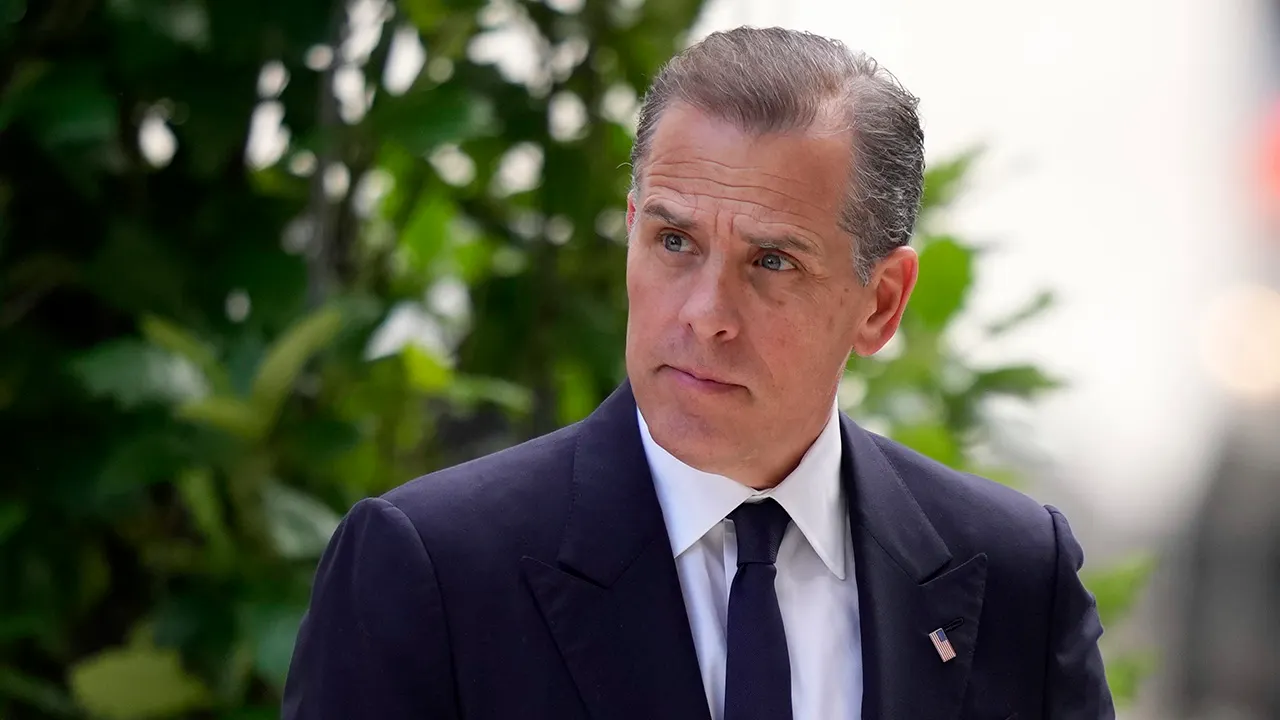
 Politics1 week ago
Politics1 week ago5 things to know about Hunter Biden trial
-

 Movie Reviews1 week ago
Movie Reviews1 week agoFilm Review: I Used To Be Funny offsets its humorously-adjacent title with a dark, heartbreaking temperament. – The AU Review
-

 World1 week ago
World1 week agoChina denies fuelling Russia-Ukraine war tensions, says it supports peace
-
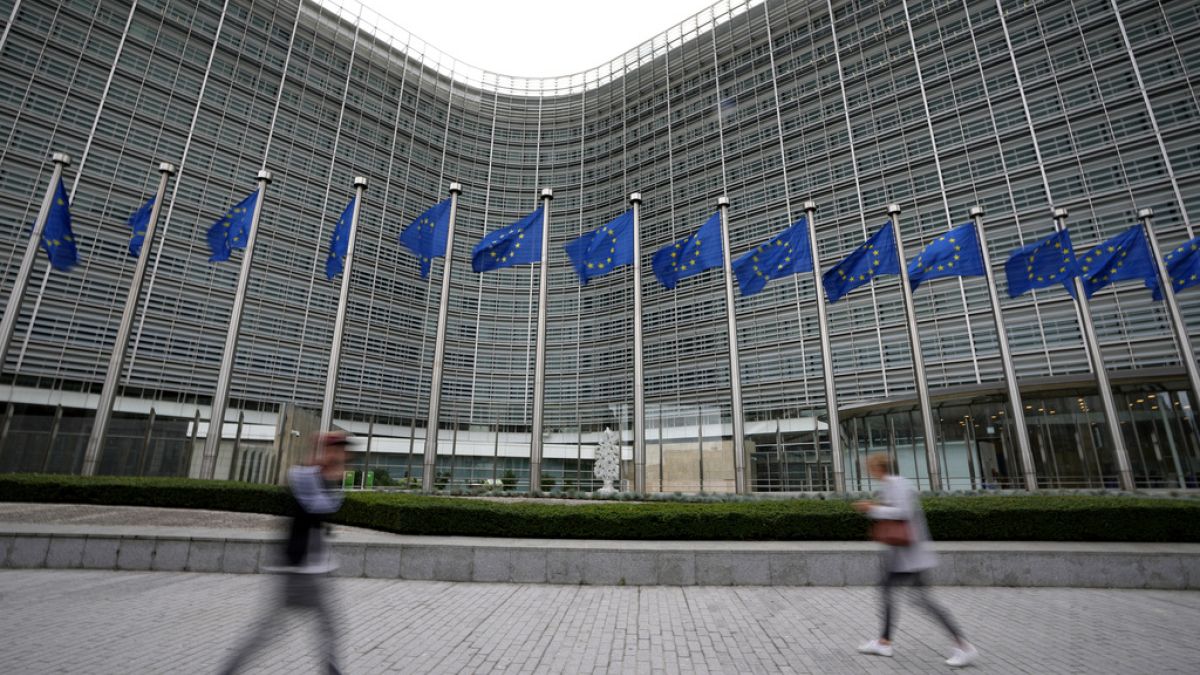
 World1 week ago
World1 week agoEconomy, migration: Voters' main concerns ahead of elections
-

 News1 week ago
News1 week agoWhat is D-Day? How the Normandy landings led to Germany’s defeat in World War II | CNN
-
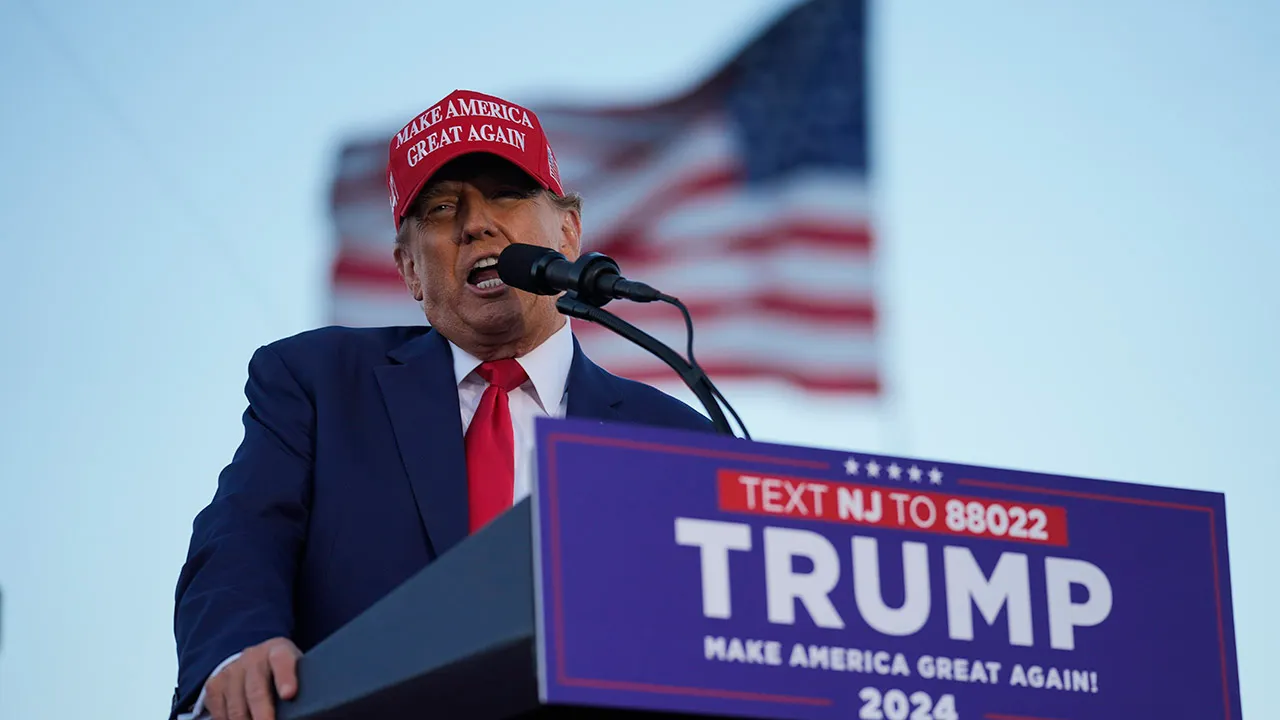
 Politics1 week ago
Politics1 week agoTrump campaign accelerates vetting of potential running mates
-
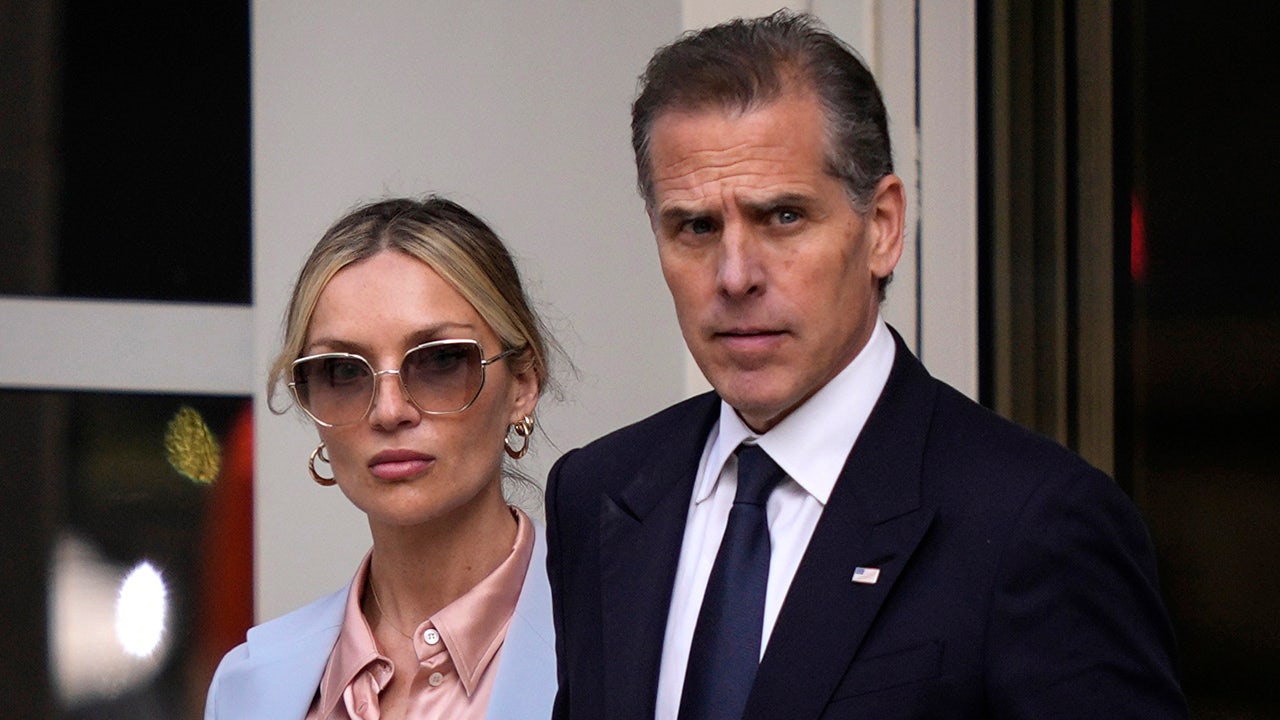
 Politics1 week ago
Politics1 week agoHunter Biden trial enters 3rd day with cross-examination of FBI agent
-

 Politics1 week ago
Politics1 week ago'It's absurd': Congress takes bipartisan action after Cuban officials' tour secure parts of major airport















